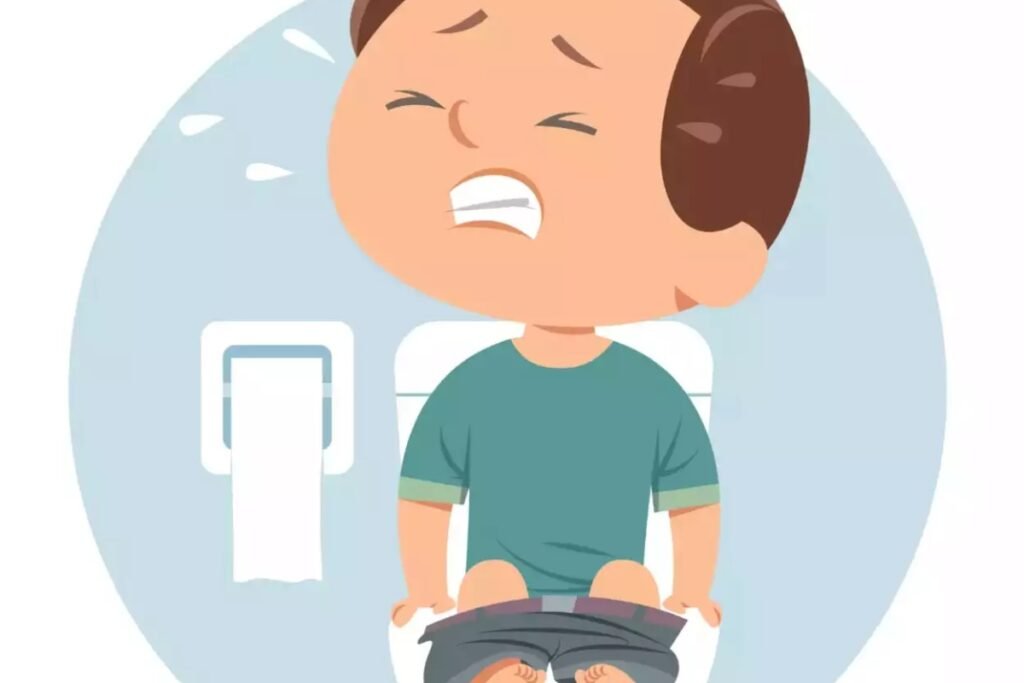Source- FDA
Pediatric patients aged 6 to 17 may use Linzess (linaclotide) pills to treat functional constipation. The first therapy for functional constipation in children is linzess. Pediatric patients between the ages of 6 and 17 are advised to take 72 mcg once a day orally.
Children and adolescents frequently suffer from functional constipation, which is characterized by infrequent bowel movements and firm, often unpleasant, stools. There is often more than one contributing component, and there is no recognised underlying biological cause.
The 12-week double-blind, placebo-controlled, randomized, multicenter clinical trial that established the efficacy of Linzess for the treatment of functional constipation in children aged 6 to 17 years old was supported by efficacy data from adequate and well-controlled trials in adults with chronic idiopathic constipation (constipation that lasts and isn’t related to an underlying illness).
Rome III diagnostic criteria for functional constipation were modified to require that patients meet one or more of the following criteria at least once per week for at least two months prior to the screening visit in addition to having fewer than three spontaneous bowel movements (SBMs) per week (defined as a BM that occurred without the use of a laxative, enema, or suppository on the calendar day of or before the BM).
- History of stool withholding or excessive voluntary stool retention
- History of painful or hard bowel movements (BMs)
- History of large diameter stools that may obstruct the toilet
- Presence of a large fecal mass in the rectum
- At least one episode of fecal incontinence per week
The 12-week difference from baseline in SBM frequency rate served as the primary effectiveness goal. Patients who got Linzess improved more than those who received a placebo in terms of the typical number of SBMs each week. The first week saw an improvement in SBM frequency, which persisted for the duration of the 12-week therapy period.
Diarrhea is the most often reported adverse response in pediatric patients with functional constipation aged 6 to 17 years. Patients should stop taking Linzess and be rehydrated if severe Diarrhea develops. Linzess has a boxed warning stating that children under the age of two should not use the drug. Linaclotide induced dehydration-related fatalities in newborn mice. Linzess should not be used by patients who have a mechanical gastrointestinal obstruction (bowel blockage) that is known or suspected.





























